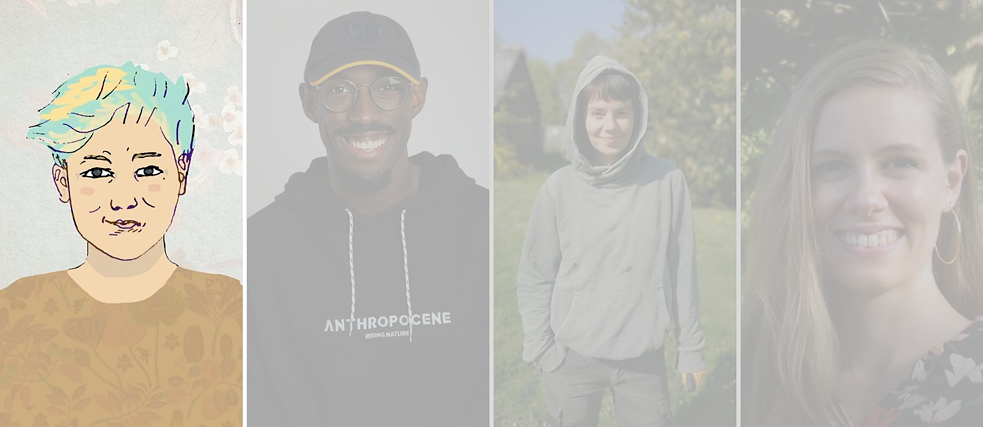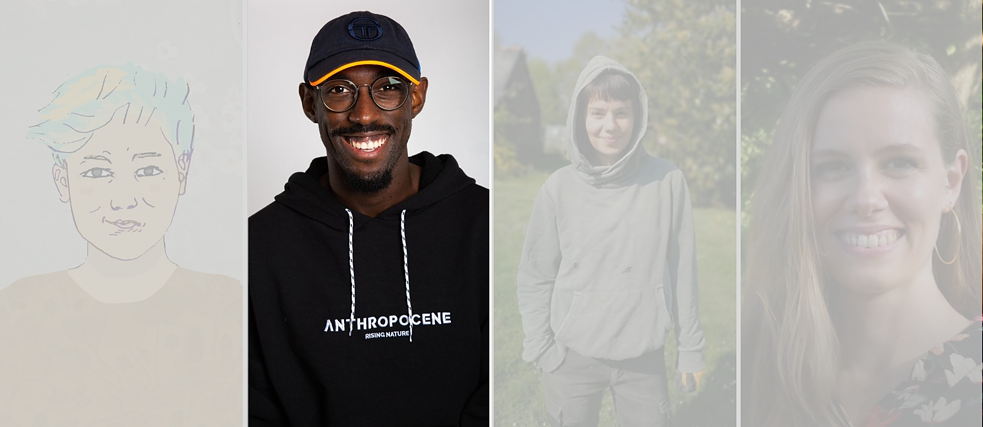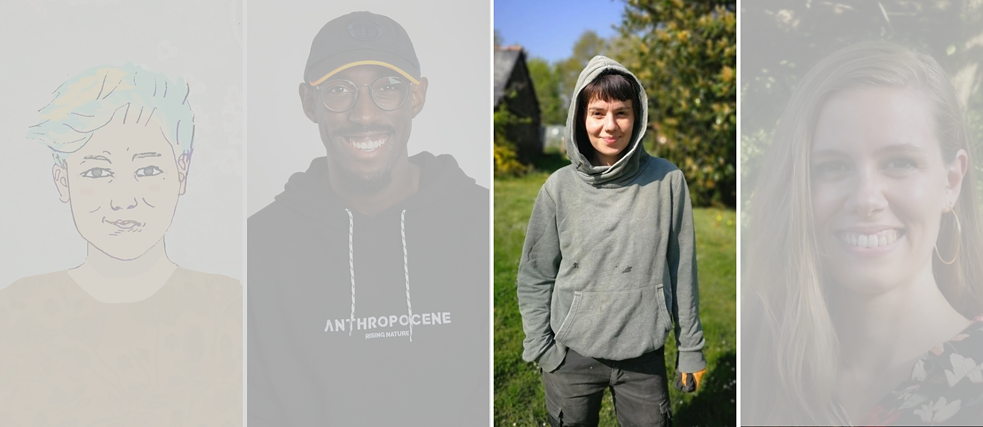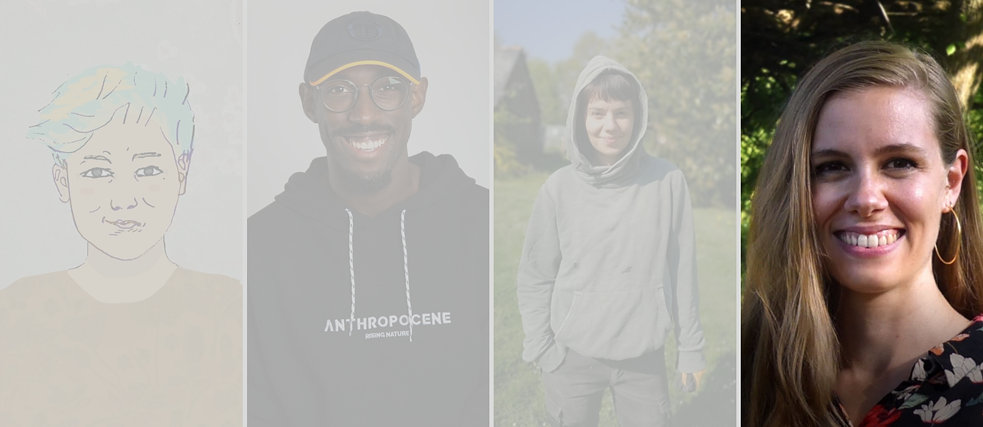marathon against climate change
Lives of Activists
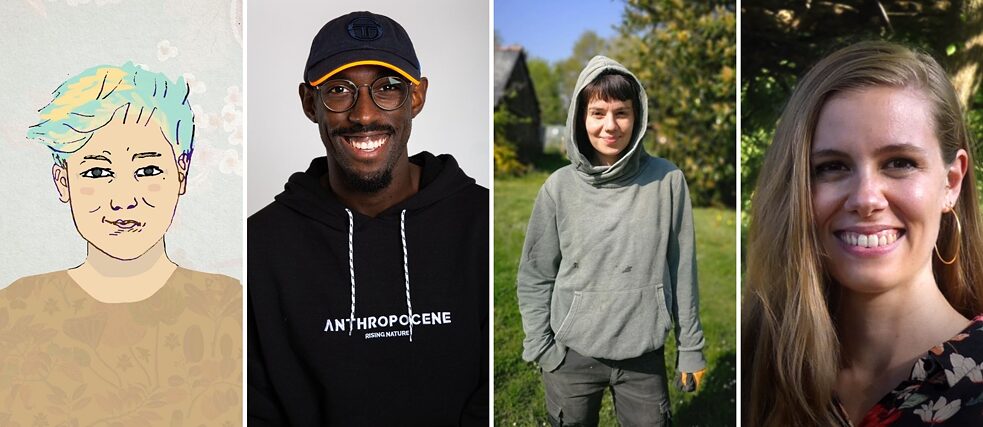
Activists dedicate their time to the climate fight and the alternative movement so as to curb global warming. What impact does this have on their lives?
By Victoria Berni
France is in the midst of an ideological battle over environmental protection, with liberal ecology, which entails greenwashing and belongs to a destructive economic model, on one side, and radical ecology, which wants to revolutionise our entire way of life on the other. The latter makes its voice heard through civil disobedience actions, demonstrations, petitions and court proceedings.
Behind this commitment are people, some of whom devote all their time to the climate struggle and the alternative movement. Their commitment changes their relationships, their dreams, their lives. What change in course have the activists made in their lives? And how do they keep up with the commitment marathon?
Four activists talk about their militant career paths
Grieving: individual and collective healing
"I feel sad every day when I see this destroyed landscape," says Juliette, who now lives back where she grew up. "I remember the biodiversity I knew as a child that no longer exists. What else can I pass on to my own daughter than an iron will to defend this landscape?"Her activism is not only about grief and abandonment, however. It has also given her empathy: "To fight was to open my heart. Commitment is the joy of going beyond what we have been prescribed - to open up to the suffering of others and accept that their pain becomes mine too; to empathise stories of sexual assault or the threat of deportation. Anger is commonplace. The question is, how do I manage it so that it won’t eat me up?"
Nabelle talks about the healing culture at Extinction Rebellion: "We try to bear the burdens together, we talk about our feelings and fears before or after an action." Sendo, on the other hand, practices artivism. He writes, slams, dances and talks about ecology and social issues: "Art does not reduce the violence of reality. It gives it a new guise. It is important to me not to let injustice crush me. I used to rebel full of grief, and that drained a lot of energy from me. I no longer wanted to react, but to act and create something that is feasible in the long term."
The collective: a new basis for interpersonal relationships
Marie-Alexandra explains that she found a new circle of friends: "My closest environment consists almost exclusively of activists who ask themselves the same questions. Very many of us see ourselves on the margins of society."Juliette has found a new family in the activist scene: "I live in a commune with people from different cultures, and together we try to give spirituality a place in our lives again. We have celebrated a revolutionary Hanukkah, Celtic festivals and the winter solstice. This is upsetting my cultural heritage. My visits to queer places have changed my view of family. We decided to raise my daughter with other adults."
The question is how the pandemic affects these relationships and the marathon that many activists are running. Lola from Belgium will have a few things to say about this in the next post.
